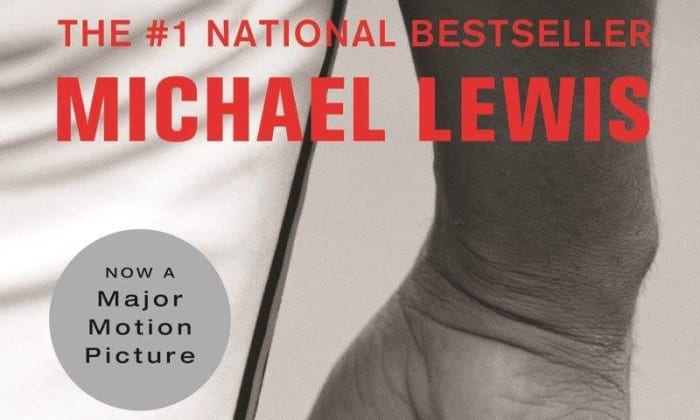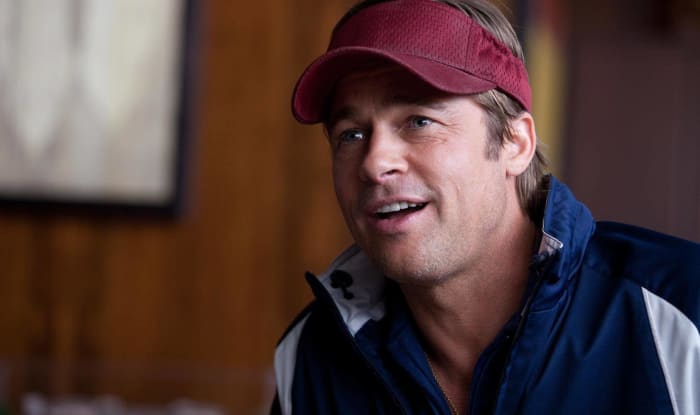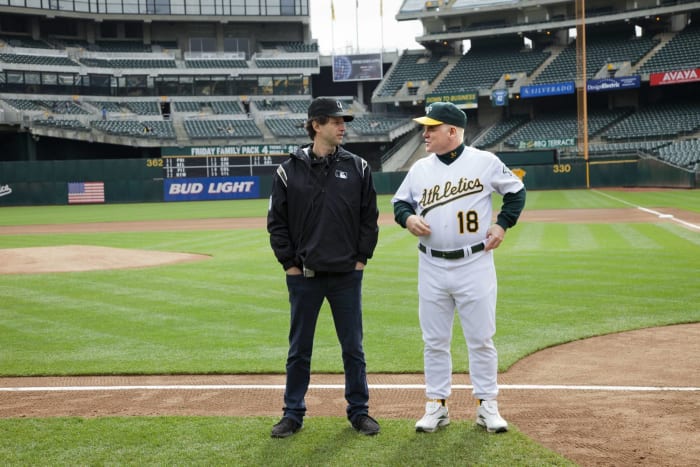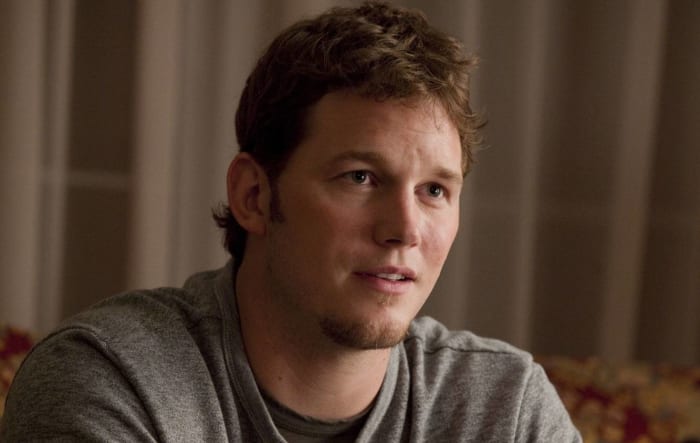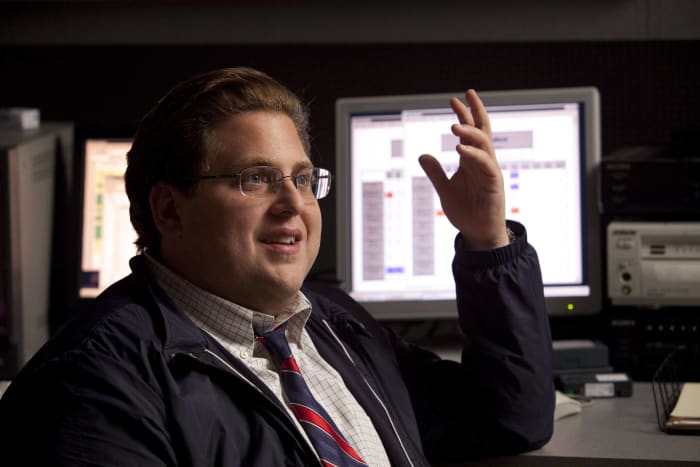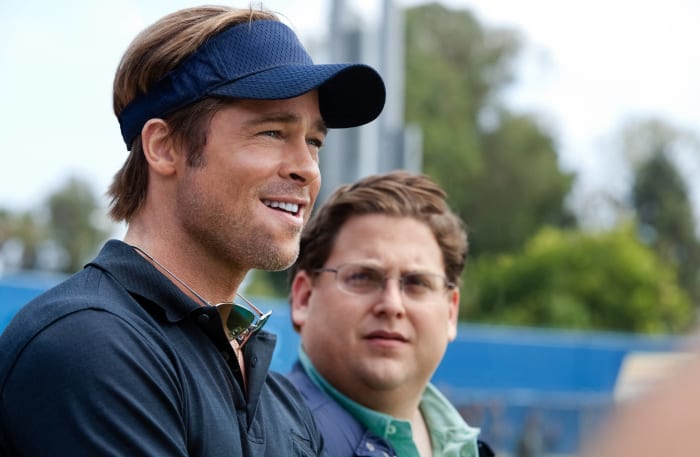x
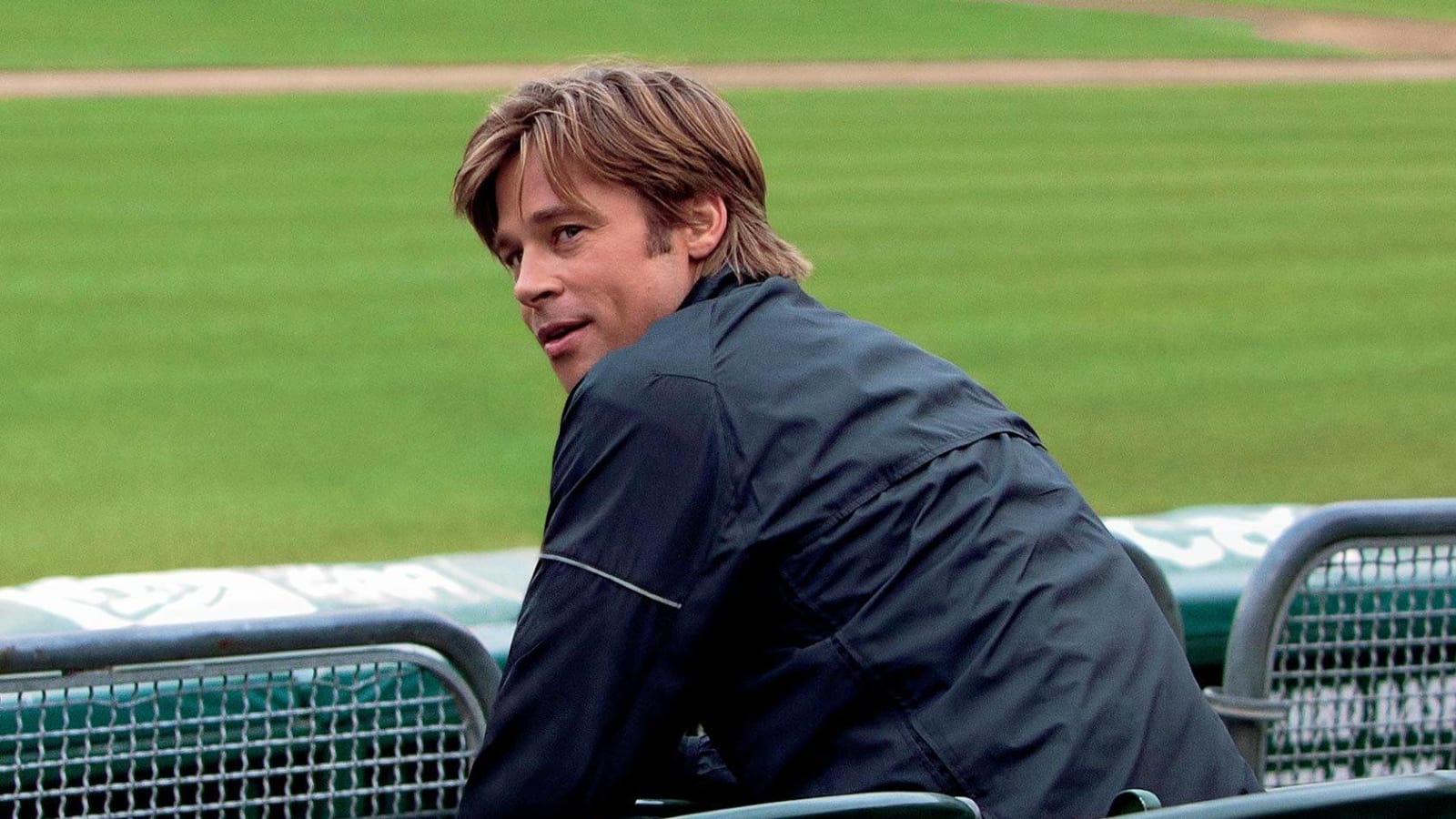
Sony Pictures
20 facts you might not know about 'Moneyball'
Imagine a crowd-pleasing critical darling of a film. OK, so it’s a sports film. That makes sense so far, right? Is it an underdog story? You bet. Everything still tracks. It’s business as usual. Oh, and it’s focused on a couple of guys in the front office trying to use advanced statistics to make smart decisions on a low budget. This is the crowd-pleaser? Indeed it is, and that movie is Moneyball. Here are 20 facts about the film we find interesting, and we don’t care what the scouts say. It’s all in the numbers.
More must-reads:
- MLB making changes to uniforms after harsh player criticism
- Braves two-time All-Star addresses future with team
- The 'Active MLB strikeout leaders' quiz
Breaking News
Customize Your Newsletter
 +
+
Get the latest news and rumors, customized to your favorite sports and teams. Emailed daily. Always free!
This site is protected by reCAPTCHA and the Google Privacy Policy and Terms of Service apply.
